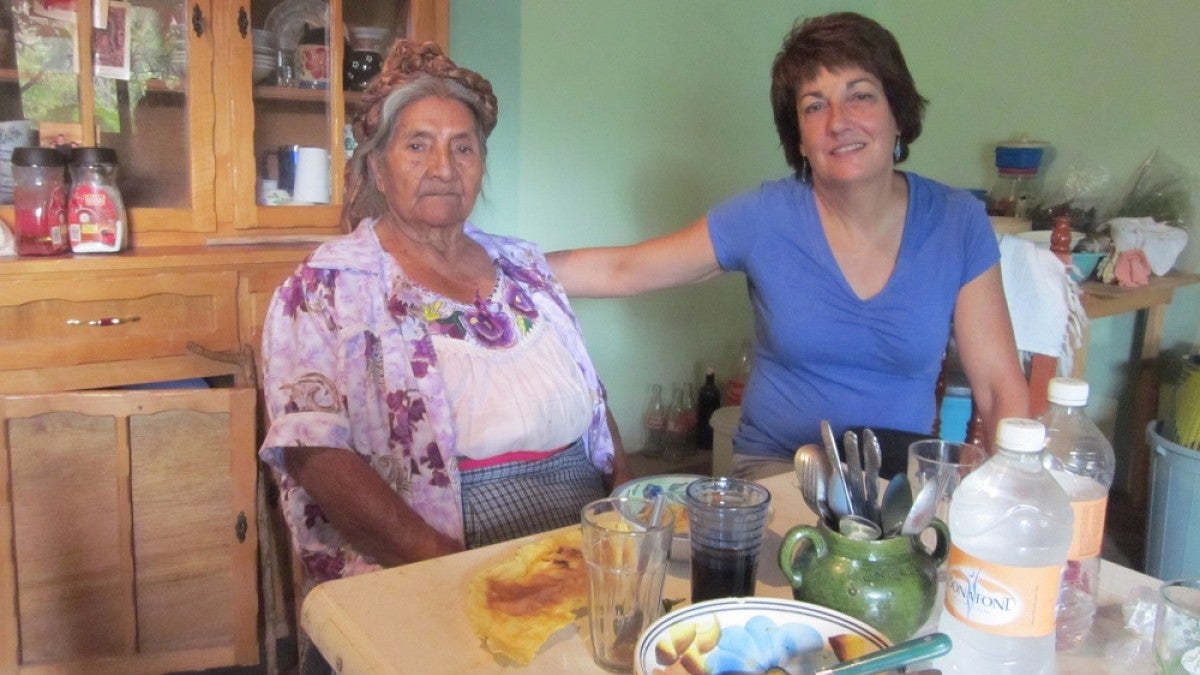UO anthropology professor Lynn Stephen, an internationally known Latin America scholar, is in line to lead the largest association of researchers in the field after being elected vice president of the Latin American Studies Association.
Stephen will begin a one-year term in June and will then serve as president of the association for a year beginning in June 2018. After that, she’ll spend a year mentoring the next generation of the group’s leaders.
“I am honored by my election as future LASA president,” Stephen said. “I will use the office to continue building hemispheric relations in the Americas and beyond in the face of isolationist policy proposals.”
The Latin American Studies Association has more than 12,000 members, 60 percent of whom live outside the United States. In the organization’s 50 years, it has had members from 90 countries.
“This is one of the highest honors for a scholar working on Latin America,” said UO history professor Carlos Aguirre. “This election is the culmination of Lynn’s many years of dedication and commitment with LASA and the larger community of scholars, activists and peoples in Latin America and the U.S.”
The group’s mission is to “foster intellectual discussion, research and teaching on Latin America, the Caribbean and its people throughout the Americas.” It is an interdisciplinary organization, bringing together scholars from many academic backgrounds.
“Oftentimes you’re getting together a panel around a theme,” Stephen said. “And you might bring an anthropologist, you might have someone who works on literature, you might have a political scientist who deals with policies and you might have someone who looks at the effect of environmental factors, all on the same panel.”
Stephen, who helped found the Center for Latino/a and Latin American Studies at the UO, has been a member of the Latin American Studies Association for more than 30 years. Over that time, membership has more than doubled, a trend she hopes to see continue during her time in office.
“Creating ways to both mentor and bring in young scholars is crucial,” she said. “It’s crucial in any kind of organization because if you’re not constantly inviting and creating spaces for younger folks, no matter what you’re doing it’s eventually going to hit a wall. Young people bring new ideas and new perspectives.”
She plans to create a mentoring program that pairs junior and senior scholars on panels and encourages discussion before and after the group’s annual meeting.
The post also is a chance to build new bridges between the UO and the wider research community.
“The office of LASA president provides a magnificent opportunity to connect the work of the UO’s many students and 57 faculty members who teach and conduct research in Latino/a and Latin American studies with our colleagues in Latin America and around the world,” she said.
Stephen has served on multiple committees and programs for the association, including co-coordinating with then-president Charlie Hale for the Otros Saberes (Other Knowledges) Project from 2004-07, a project that raised around $250,000 to fund teams of academics and Afro-descendant or indigenous community members to do collaborative research. It is still going strong today.
—By Noah Ripley, University Communications


